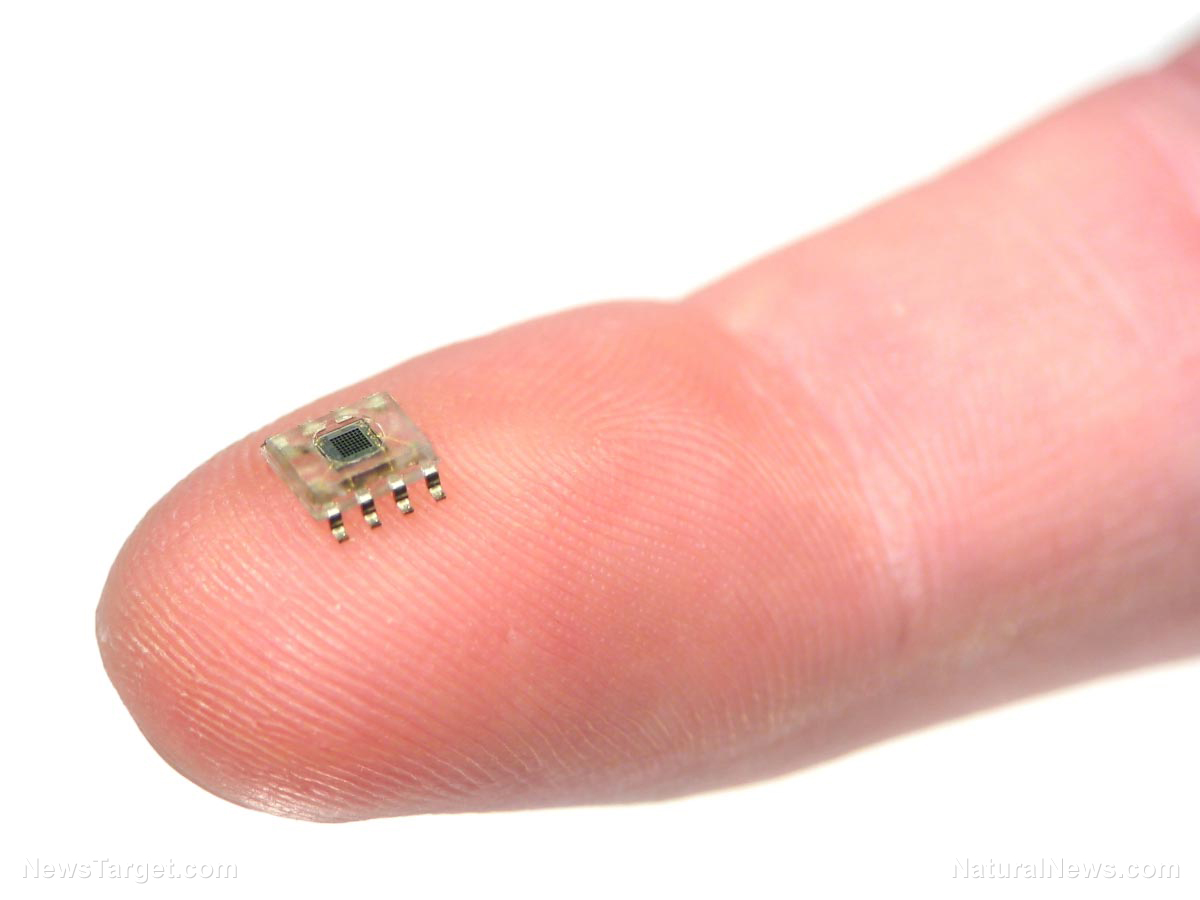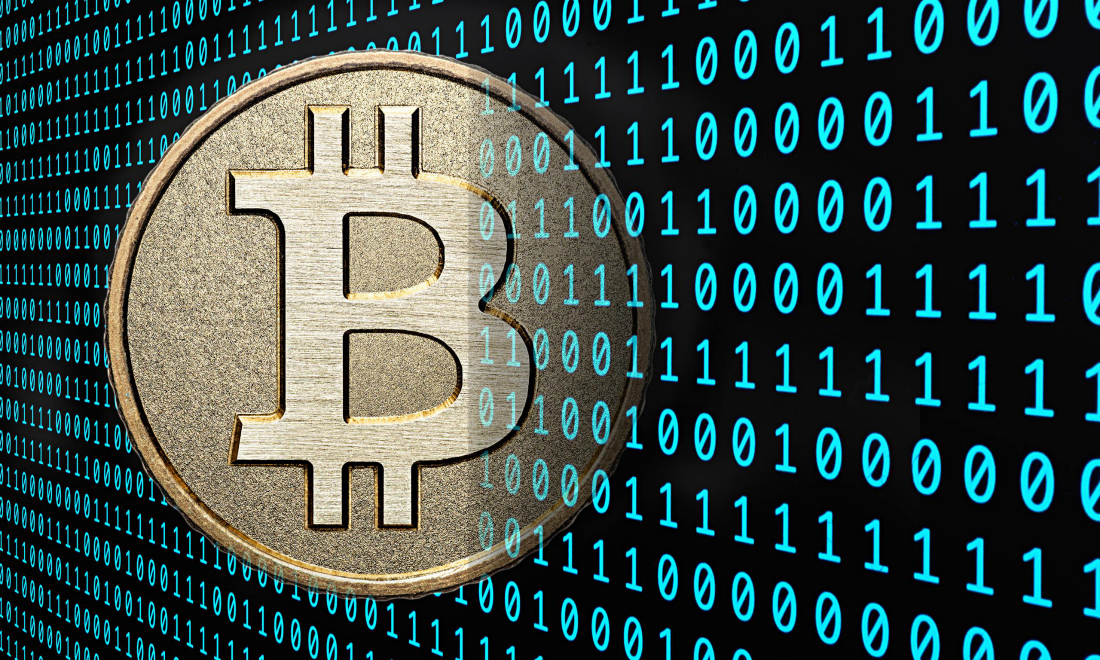Federal Reserve official claims Bitcoin largely used for illegal transactions, forgets that DOLLARS are used by rapists, pimps, child traffickers, drug smugglers and extortion frauds
02/09/2020 / By Lance D Johnson

Federal Reserve officials are afraid that digital currencies will take power away from the central banking system. Central bankers are afraid that private financial transactions and human freedom will weaken currencies and potentially destroy banking procedures that currently dictate the economy and hold the general population back. This is why the central bankers are clamoring for ways to regulate and control crypto currencies like Bitcoin.
Central bankers try to blame crypto currencies for monetary instability, criminal enterprise
Lael Brainard, who serves on the U.S. Federal Reserve’s Board of Governors, recently gave a speech in Frankfurt Germany titled, “Monetary Policy: the Challenges Ahead.” The speech began by honoring regulation mastermind Benoît Coeuré, a member of the executive board of the European Central Bank. Coeuré has previously blamed Bitcoin for being the “evil spawn of the financial crisis” – completely deflecting the blame that should rightfully fall on central bankers and their inflationary monetary policies.
Not surprisingly, Brainard’s panel speech concluded with criticism of crypto currencies and the risks they pose to central banking. Brainard contends that 50 percent of all Bitcoin transactions are used to violate the law. She said, “One study estimated that more than a quarter of bitcoin users and roughly half of bitcoin transactions, for example, are associated with illegal activity.”
Proposing the need for increased regulations over crypto currencies, Brainard said, “Only a third of the most popular exchanges require ID verification and proof of address to make a deposit or withdrawal. This is troubling, since a number of studies conclude that crypto currencies support a significant amount of illicit activity.”
This highly decorated Federal Reserve governor seems to forget that dollars are also used by criminals. She forgets that rapists, pimps, child traffickers, drug smugglers and extortionists all prefer cash because it offers total transaction anonymity. According to reports by Cointelegraph, criminals do not prefer crypto currencies because cash offers a greater level of anonymity. Even though crypto currencies can be used for illicit financial transactions, it’s still more difficult for authorities to track illegal cash transactions. That’s why crime networks prefer cash.
Central bankers want to criminalize economic freedom, limiting mankind’s potential
Fighting crime is the least of concerns for the Federal Reserve. Fighting crime is merely a smokescreen that hides what the central bankers really want. They don’t care about protecting people from criminal activity. They want to control the supply of the currency and restrict the economic freedoms offered by all forms of alternative currencies. To central bankers, freedom is the crime. They want to eliminate all private financial transactions. In order to preserve their own power, the central bankers must eliminate any financial activity that gives people control over their own money. They want to stop the individual’s freedom and limit their capacity to acquire wealth through free market enterprise. They want to restrict mankind’s ability to control his/her own destiny.
Brainard concluded by calling for more legal and regulatory frameworks for digital currency. She believes that financial stability and monetary policy transmission must be guaranteed by ensuring that “any global payments network should be expected to meet a high threshold of legal and regulatory safeguards before launching operations.” The European Union is currently proposing new cryptocurrency regulations.
Sources include:
Tagged Under: bitcoin, central banking, criminal activity, cryptocurrency, Federal Reserve, finance, human freedom, Liberty, monetary policy, money, privacy, regulation
RECENT NEWS & ARTICLES
COPYRIGHT © 2018 CRYPTOCULT.NEWS
All content posted on this site is protected under Free Speech. CryptoCult.news is not responsible for content written by contributing authors. The information on this site is provided for educational and entertainment purposes only. It is not intended as a substitute for professional advice of any kind. CryptoCult.news assumes no responsibility for the use or misuse of this material. All trademarks, registered trademarks and service marks mentioned on this site are the property of their respective owners.

















